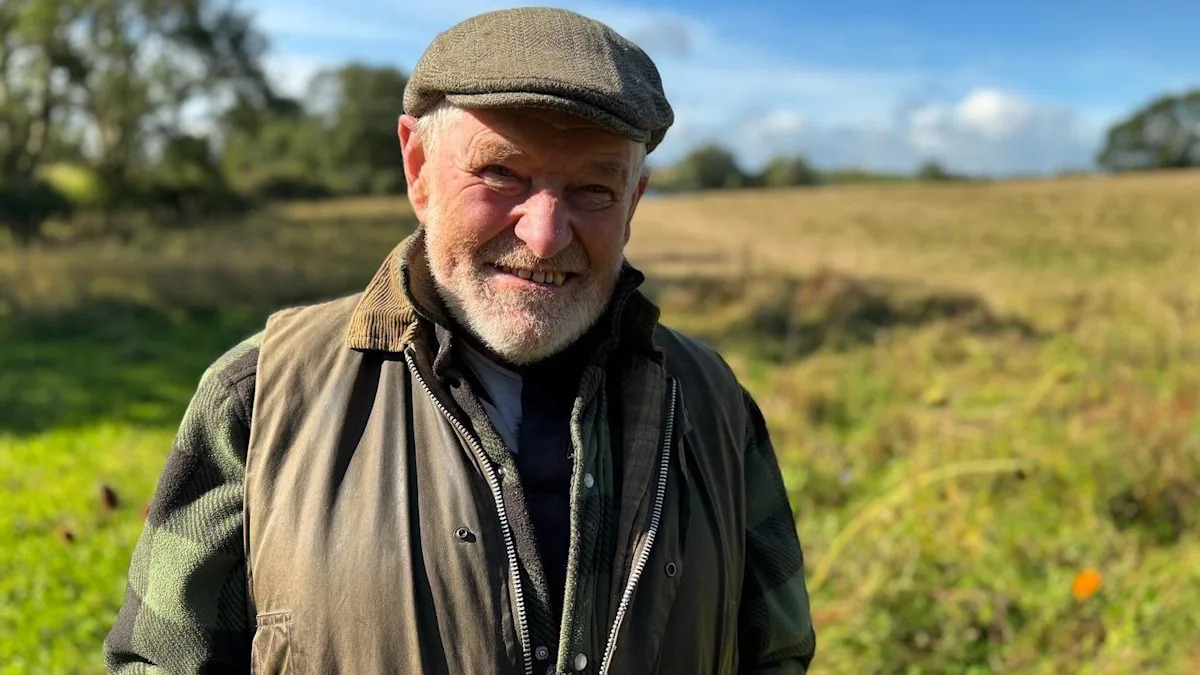Home / Environment / Farmers Await Clarity on Nature-Friendly Scheme as Transition Looms
Farmers Await Clarity on Nature-Friendly Scheme as Transition Looms
5 Oct
Summary
- Farmers left "in limbo" as new Farming with Nature scheme delays
- Farmer Jack Kelly has spent a decade restoring barn owl habitat
- Peatland restoration project faces uncertainty due to scheme changes

As of October 5th, 2025, farmers in Northern Ireland are in a state of uncertainty as they wait for the full implementation of a new scheme that aims to support nature-friendly practices on their farms. The Farming with Nature (FWN) scheme is set to replace the existing Environmental Farming Scheme (EFS), but so far, only a limited transitional program focused on habitat restoration has been introduced.
This delay has left farmers like Jack Kelly, who has spent the last decade working to bring barn owls back to his 90-acre farm in Ballyalton, County Down, in a state of limbo. Kelly has used EFS funding to provide nesting boxes and create habitat for the red-listed species, and his efforts have paid off, with the birds on his farm producing three chicks every year for the past three years.
However, with the transition to the new FWN scheme, Kelly is unsure of what the future holds. He had hoped to expand his conservation efforts by creating a patch of rough grass to encourage the rodents that barn owls like to hunt, but was told he would have to plow it up or plant a new area, reducing his productive land. As a result, he has had to forgo the payment for this work, leaving him out of pocket.
Elsewhere in Northern Ireland, farmers like Samantha McCarroll have used EFS funding to help restore peatland and install fencing to protect waterways, increasing biodiversity on their farms. But with the uncertainty surrounding the new scheme, they too are left wondering what the future holds.
The Department of Agriculture, Environment and Rural Affairs (Daera) has stated that future phases of the FWN program are planned to launch from mid-2026, but for now, farmers are left in a state of limbo, unsure of what support will be available to them as they strive to balance food production and wildlife conservation.




